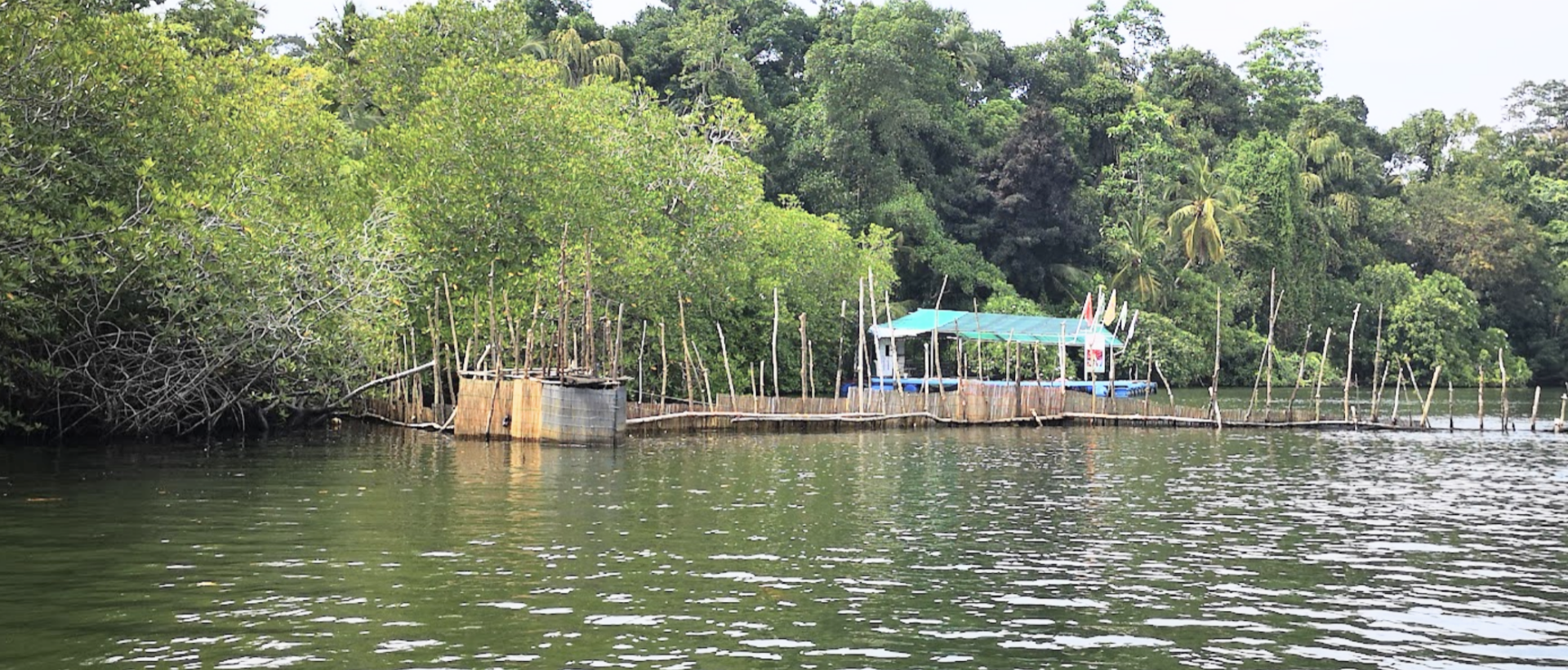
MOOC: Auditing Water Issues
4.3. Cooperative audits
With an increasing number of audits conducted cooperatively by two or more SAIs each year, cooperative audit is an established practice. A cooperative audit can take a form of a joint audit whereby one audit team composed of auditors from different SAIs prepares a single report or a parallel audit whereby individual teams in each participating SAIs issue separate national reports. A coordinated audit is either a joint audit with separate audit reports or a parallel audit with both, a single report and national ones. []
SAIs may wish to engage in a cooperative audit on water for several reasons. Transboundary management of water resources that cross international borders is important as activities affecting one part of the water body, for example, will most probably have an effect on the whole. Audit offices can focus on the activities of their governments and also additionaly scrutinize the cooperation of governments in the management of the shared water body. Comparing national practices might provide evidence regarding the need for the harmonization of practices and an increased cooperation to ensure that the condition of shared water resources would not deteriorate. Cooperative water audits can also help participating SAIs build and sustain audit capacity.
8 European SAIs collaborated on a coordinated audit on the protection of the Black Sea against pollution in 2011 []. While it was concluded in the joint report that countries had taken the main measures to ensure the prevention of pollution from land-based sources, challenges in fully implementing the polluter-pays principle persisted. Among other things, shortcomings in national monitoring programmes and lack of harmonization between these programmes in different countries, as well as gaps in the availability of relevant data were highlighted. The audit report is available at Join Report on the Results of the Coordinated Parallel Audit on Protection of the Black Sea against Pollution.
In 2024, the joint report of the cooperative audit related to Goal 6 of the UN SDGs ”Ensure availability and sustainable management of water and sanitation for all” performed by the SAIs of Croatia, Hungary, Poland, Serbia and Ukraine was published. In this audit, the participating SAIs investigated the implementation and progress towards the achievement of SDG indicators 6.1 (by 2030 achieve universal and equitable access to safe and affordable drinking water for all) and 6.3. (improve water quality by reducing pollution, eliminating dumping and minimizing release of hazardous chemicals and materials, halving the proportion of untreated wastewater and substantially increasing recycling and safe reuse globally). The SAIs jointly concluded that while progress has been made in drinking water access and wastewater treatment technologies, structural weaknesses—poor coordination, lack of monitoring and data, ageing infrastructure, financing gaps, and mismatched treatment capacity—undermine long-term improvements in water quality in their countries.


